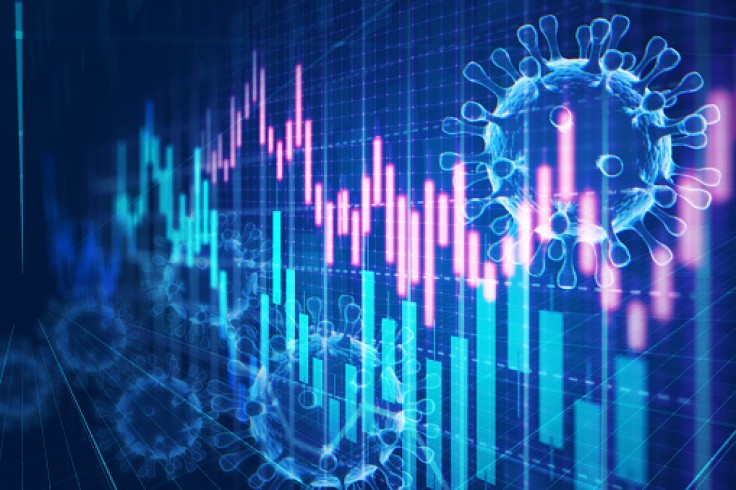The whole world has felt how heavy the Covid-19 pandemic was. Luckily for us, experts and professionals around the world worked together to beat the virus until it barely affected us anymore. Scientists are still working on ways to prevent such a thing from happening again, and an AI system might be the answer.

AI to Detect the Next Pandemic
Scientists from Scripps Research and Northwestern University in the US conducted a study showing an AI system that can warn us about dangerous virus variants that can progress to another pandemic.
It's called Early Warning Anomaly Detection or EWAD, and it is capable of analyzing genetic sequence, frequencies, and mortality rates of the virus variants as they spread, all of which are made possible through machine learning, as reported by Interesting Engineering.
The system has already been tested by researchers using data from the Covid-19 pandemic. The results were found to be accurate when it comes to predicting which variants of concern (VOC) would emerge when the virus mutated.
The AI system is even capable of estimating how health measures would affect the spread and evolution of the virus such as the use of vaccines and wearing of masks, making it another source of proof for the effectiveness of such methods.
It uses a mathematical technique called Gaussian process-based spatial covariance, reports say, which is able to predict new data based on the existing data at hand and its relationships. It can also find patterns that humans usually miss when there's too much data to analyze.
Microbiologist and lead author of the study, William Balch said that they could see key gene variants appearing and becoming more prevalent as the mortality rate also change, and it was happening weeks before the VOCs were officially designated by the World Health Organization.
The AI system can very well be what saves us from another pandemic that is bad or worse than Covid-19. Early detection will allow us to conduct early preventive measures, as well as develop solutions fast before it gets past the early stages.
Predictive AI Systems
A lot of AI experts have been developing AI tools for various uses, some of which are less controversial. Many of them actually serve a greater purpose in certain industries. For example, an AI tool was developed to help farmers in Africa.
The Africa Agriculture Watch or AAgWa, is a web-based platform that combines remote sensing data and machine learning to help farmers with decision-making concerning African food production systems.
It is available in 47 countries. Some of its features allow users to view productions and yields, which can be viewed in different years. The countries and regions can also be specified, along with the kind of crop that farmers plan to plant.
All the data needed are pulled from satellite data and images. Upon sensing parameters on the ground, the factors can be easily studied by AI to inform farmers of potential growth conditions, which can be important when uncertainty comes with climate change.









